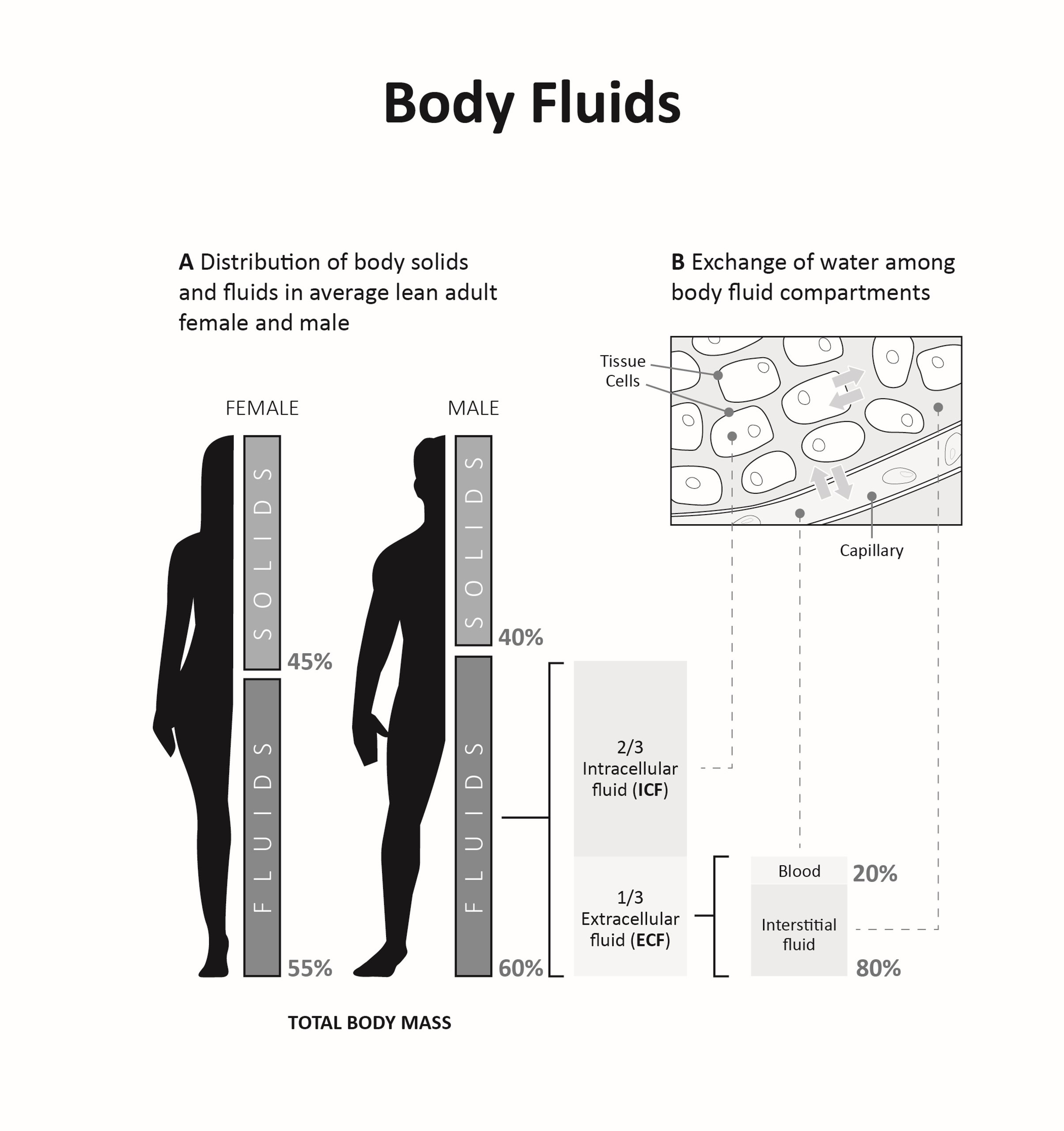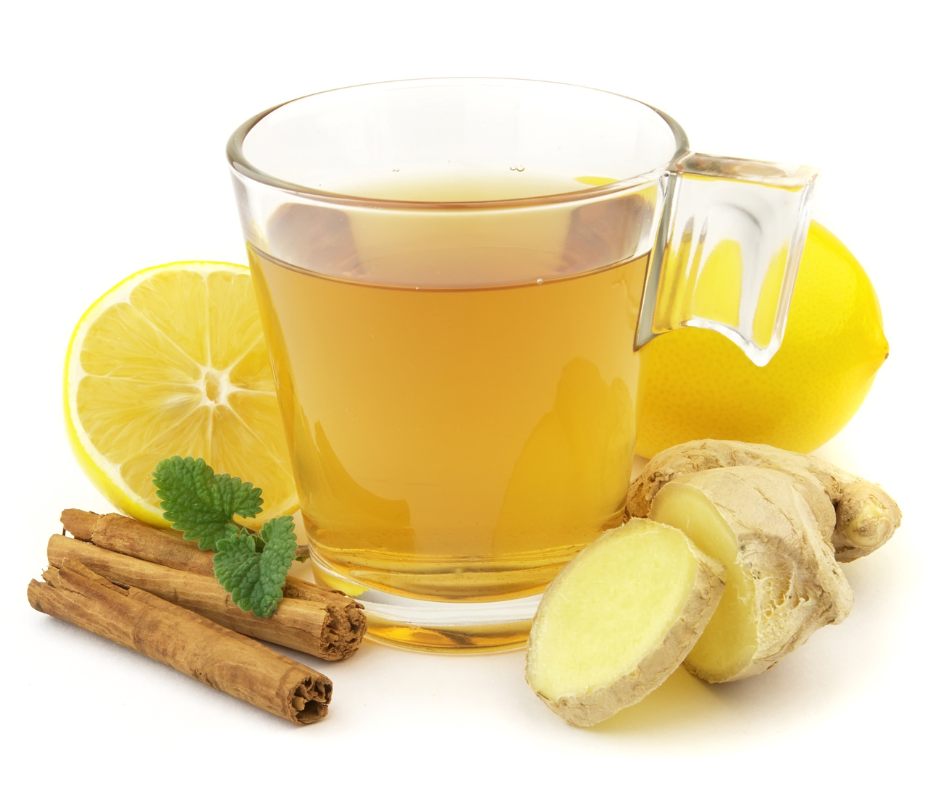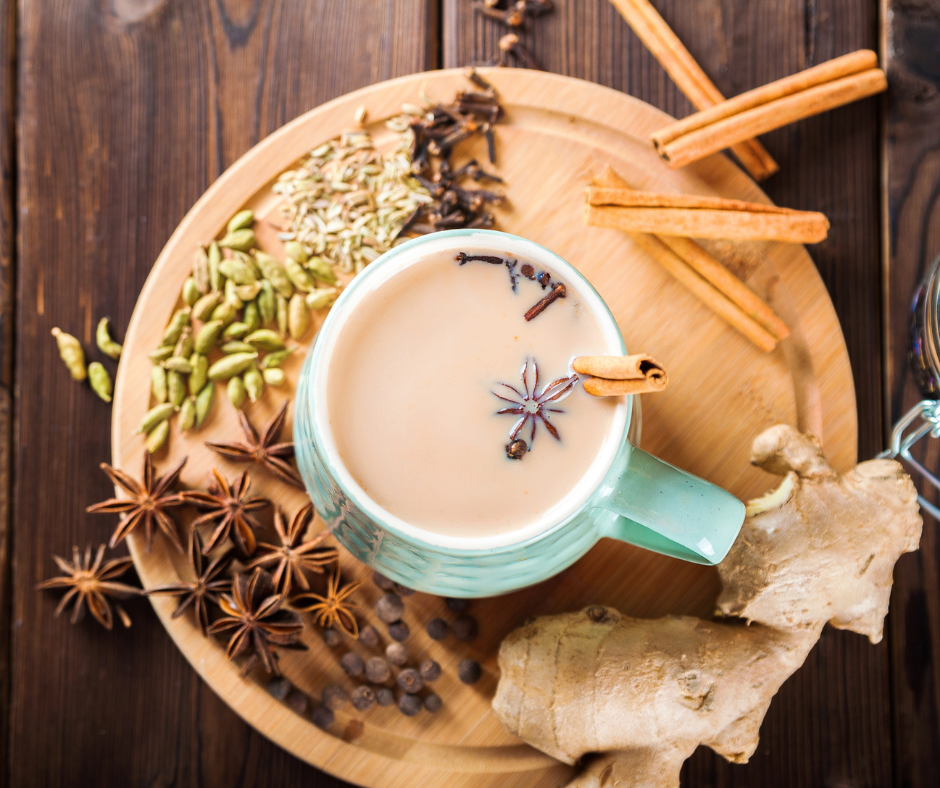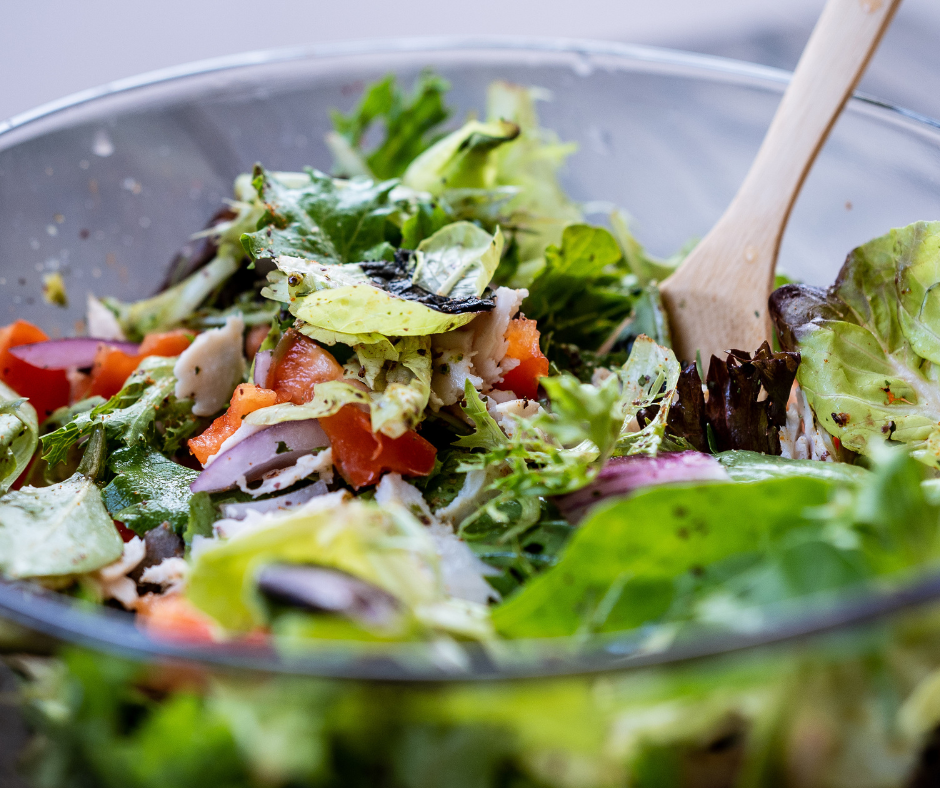Like snacks, drinks have become a massive industry and yet it is easy to be dehydrated if we take in too little water through the most natural route: whole vegetables and fruits. Insufficient hydration impacts all aspects of health, but felt most obviously as fatigue (where we may turn to caffeine to keep going) and a lessened ability to cope with stress.
Humans have been making hot drinks for thousands of years and throughout most cultures, the preparation, break from doing and coming together with a tea or coffee is an important part of the day. In many countries the preparation can be elaborate and ritualistic and mirror the bringing together of people for conversation. Warm mugs or bowls of liquid (soups too) have shown to have soothing qualities for the nervous system and tea itself (even caffeinated black tea) has shown to reduce stress levels and rumination or worry.
In one piece of research cited in a large review study , participants who were only given a glass of water after a stressful task had a 25 per cent increase in anxiety level after it finished. Those given a cup of tea after actually had a 4 per cent decrease in anxiety. The comments made in the focus group discussions "confirmed that the ritual of making and consuming tea does make an important contribution to the overall effect of mediating stress".
Participants said they felt more relaxed when having tea and tended to explain this with a sense of "partition", where there is an "end" or a "break" from a preceding period of anxiety. One volunteer said that tea created a "chill-out moment", which helped them "draw a line under" their stressful experience. Others said they deliberately used tea to cope with stress, for instance when preparing for a job interview, or to relax after a stressful journey. Some members of the tea group said the act of having tea made for them (eg after the stress task) was linked with feelings of communality and solidarity; they felt "looked after", and "cared for".
This highlights how we can cope with stress when there is a definitive end-point and a come-down. It also shows the power of tea-making as a ceremonial act and a bonding ritual. Anyone in the UK knows being offered a cup of tea is a well-instilled way of showing care and support for another in distress or crisis. In the study above, the researchers observed that "the tea appeared to catalyse conversation, and helped build rapport both between the participant and tea-maker (research assistant) and amongst the wider group."
Research reported by Deakin’s School of Medicine, The Institute for Mental and Physical Health and Clinical Translation (IMPACT) also showed that:
"Overall, negative emotions such as anger, hostility, confusion and tension as well as fatigue were found to increase with dehydration. One trial induced mild dehydration and found increased reports of tension or anxiety and fatigue in participants.
Researchers have also found people who usually drink lots of water feel less calm, less content, and more tense when their water intake drops. When researchers increased the participants’ water intake, people in the study felt more happiness, no matter how much water they normally drank.
People who drink five cups or more of water per day were at lower risk of depression and anxiety. In comparison, drinking less than two cups per day doubles the risk. This link was less noticeable for anxiety alone (although feelings of depression and anxiety often influence each other)."
What we drink also has a profound effect on our nervous system and reactions. Our most important drink is water and dehydration can trigger anxiety. This happens as hormones are unable to reach their destined locations because of poor blood flow. Water loss can cause muscles may tense up and our brains may experience weakness or changes as a result of water loss. Panic attacks can become more likely as dehydration is linked to some of the triggers; light-headedness, muscle fatigue and weakness, headaches, feeling faint and increased heart rate. D
Effective hydration:
When you are generally hydrated with good mineral balances, it is easier to connect to your natural thirst mechanism. This kicks in when we lose about 1–2 per cent of our body’s water (mild dehydration) and will vary according to how much exercise you are doing and how hot and/or dry your environment is; air-conditioning and air travel definitely qualify as dehydrating. Stress and disordered breathing patterns can also cause more moisture loss and if over 2 per cent of normal water volume is lost, true dehydration with possible dry skin and loss of appetite occurs. Timing is crucial: many people drink too little water between meals, providing little liquid with which to produce digestive juices and keep the bowel hydrated. Not chewing enough prompts drinking with meals to lubricate food for swallowing, but this can dilute stomach acid, reducing digestive efficacy further. Drink water between meals and sip only a little with food. Simply increasing the amount of water in a dehydrated body can be like watering a dry pot-plant: you see the water go straight through without being absorbed. Try the methods below to help hydrate effectively.
Drink enough so you urinate at least every three to four hours. Your wee should be about the colour of light apple juice on waking, then towards clear as you rehydrate throughout the day - see the chart to the right for a guide (image source here ). Tune into thirst as you would for hunger… Fluid needs change according to heat, effort, sweating, altitude, kidney function.
10 signs of dehydration
dry mouth sleepiness feeling thirsty decreased urination muscle weakness fatigue headache dizziness nausea diarrhoea
Increase vegetable and fruit intake, as they contain potassium and sugars that help the water they contain enter cells more easily than water alone, while soluble fibre hydrates the bowel. Stews with plenty of veg are particularly effective. If your diet has been low in fruit and veg, high in caffeine and added stress, dehydration-related symptoms such as constipation, headaches and dry skin may have been the result. Increase your liquid intake slowly, substituting sugary snacks for 2 glasses of half-apple juice (freshly squeezed ‘cloudy’ version), half-water for the first few weeks of the plan, then tapering off to replace with water and the recommended fluids. Avoid drinks with hidden sugars – many touted as ‘healthy’ actually have sugar, syrup or highly sweet grape juice and these quickly add up to body damage, as well as increasing our drives for more sugar. Avoid too many fresh juices – although these do have health benefits associated with the whole fruit or vegetables, the fibre is removed that slows down sugar release to the bloodstream. Choose smoothies with the whole fruit or veg included and you can add soaked golden linseed to slow down sugar release and provide gut healing for stress coping.
coconut water or coconut milk celery watermelon and other melon cucumber kiwi bell peppers citrus fruits, like oranges and grapefruit carrots cultured dairy foods (including yogurt, kefir) pineapple
More info: This content and the accompanying recipes can be seen in the full eBook on Liquid Stress Coping available to Whole Health members.
Members of Whole Health here .

 Hydration as part of our capacity to self-soothe:
Hydration as part of our capacity to self-soothe: The effects of dehydration:
The effects of dehydration: How do you know you’re hydrated?
How do you know you’re hydrated? The healthiest ways to hydrate optimally:
The healthiest ways to hydrate optimally: 10 Hydrating Foods
10 Hydrating Foods



